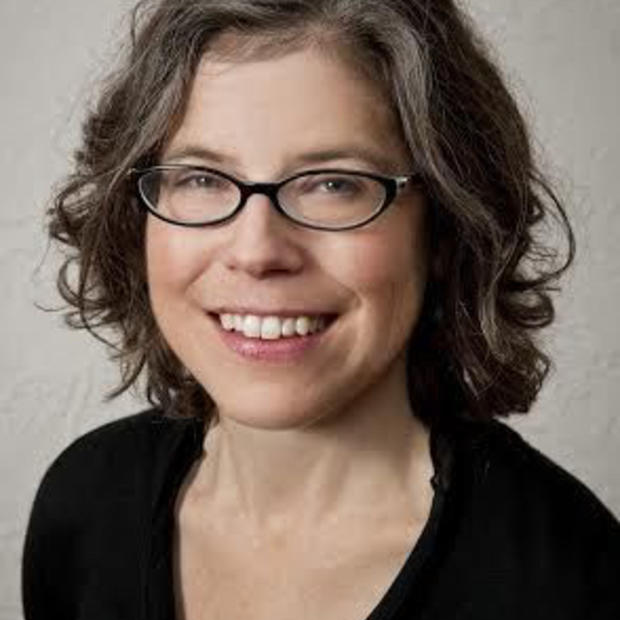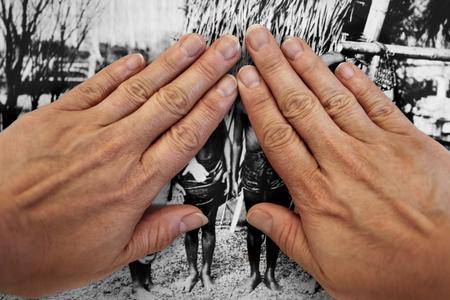Lisa Daugaard is the executive director of the Public Defender Association and a 2019 MacArthur Fellowship recipient.
Frontline workers for vulnerable populations address public health issues from the ground up. They build relationships of trust with people living in encampments, care for medically fragile people in homeless shelters, provide guerrilla case management for people trying to start down the road to recovery and show up in the middle of the night to calm disputes and prevent instances of gun violence.
Their work is essential and hard in normal times. In our present emergency, it’s the only bridge many vulnerable people have to medical care, medication, sanitation supplies, even food. Yet we are asking these workers to approach situations where those deemed “first responders” are paid at least twice as much, receive government-issued protective equipment and are instructed to avoid contact with this population when possible to avoid COVID-19 transmission. Community health workers are often paid less than half what city and county staff who oversee their contracts (now remotely from home) earn. The double standard is not tenable, and the dangers of the current emergency have shined a bright line on the need to rectify it.
Eighty-six percent of Seattle voters agree that problematic drug use and extreme poverty are best addressed through community-based care, not law enforcement. Wages must reflect that preference, or we’ll continue to fray and exploit the resource that we most need. Before the coronavirus emergency, when unemployment was low, this made it hard to impossible to maintain needed staffing in outreach and case management programs and shelters; frequent staff churn interfered with relationships of trust that can be the key to recovery and stabilization. We can’t return to that state of affairs.
Years of advocacy and pleading on this subject, even in a tight labor market, have failed to move the needle meaningfully. It’s essential to double the wages of frontline community health workers starting in the 2021 city and county budgets.
READ MORE IN OUR SAVING WASHINGTON SERIES
- Sharon Lee on tiny house villages
- Marcus Courtney on ending medical bankruptcy
- John Burbank on supporting child care workers
- Xochitl Maykovich and Edmund Witter on rent relief
- Mike McGinn on a wealth tax
- Jacob Vigdor on the balanced budget provision
- Chris Vance on letting the feds help
- Jessyn Farrell on infrastructure investments
- Paul Guppy on property tax relief
- Karen Fierro Ruiz and Abigail Scholar on supporting undocumented workers



